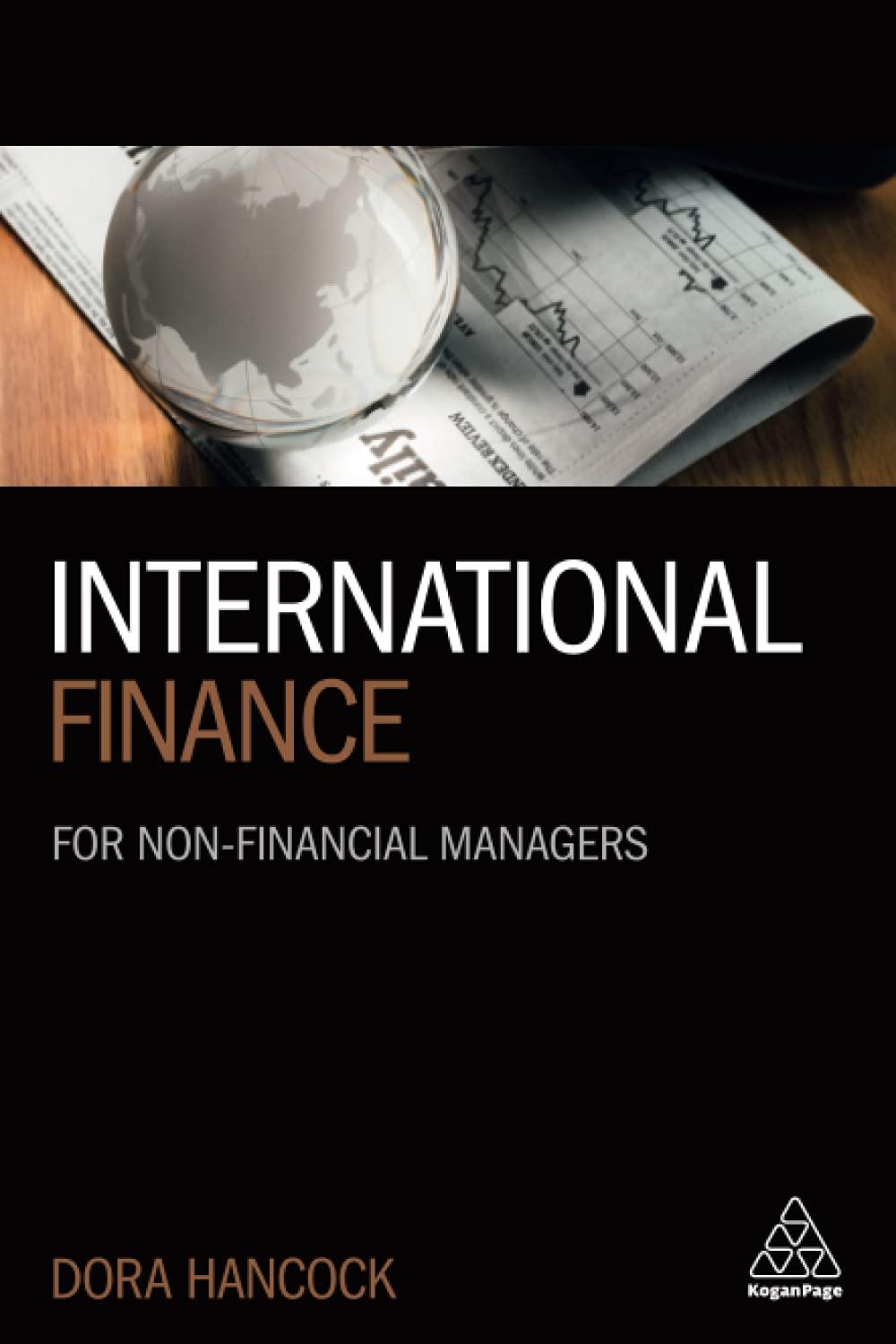Answered step by step
Verified Expert Solution
Question
1 Approved Answer
help please Fcommunities of practice (COP) have been so named since the early 1990s as a way to motivate knowledge workers. One company that has
help please 

Fcommunities of practice (COP) have been so named since the early 1990s as a way to motivate knowledge workers. One company that has experienced tremendous success with CoPs is Schlumberger Limited, an oil-field-services company with nearly $28 billion in annual revenue. As with all CoPs, what Schlumberger calls Eureka groups are comprised of similar professional employees from across the entire organization. Employees participate in one or more of 284 Eureka groups ranging from chemistry to oil-well engineering. Before the establishment of the communities, Schlumberger's engineers, physicists, and geologists worked well on individual projects, but the company was ignorant of how to help its employees develop the professional sides of their lives. Since the company sells services and expertise, motivating and cultivating its knowledge workers was a critical success factor. Former CEO Euan Baird felt he had tried everything to manage and motivate the company's technical professionals-and failed. That's when he decided to let them manage themselves. He ordered Schulmberger veteran Henry Edmundson to implement communities of practice. Schlumberger's Eureka communities have been a tremendous success and helped the company leverage its knowledge assets. Today, self-created CVs are posted on the company's internal website, allowing employees across the 85 countries where the company operates to consult the rsum of nearly every company employee to find someone with a particular area of knowledge or expertise. Another reason the Eureka groups are so successful is that they are completely democratic. Participating employees vote on who will lead each community. An employee who is backed by his or her manager and at least one other community member can run for a term of office that lasts one year. The elected leaders of Schlumberger's Eureka communities cost the company about $1 million a year. "Compared with other knowledge initiatives, it's a cheapie," said Edmundson. John Afilaka, a geological engineer who was a Schlumberger business-development manager in Nigeria, stood for election to the head of the company's rock-characterization community, a group of more than 1,000 people who are experts in determining what might be in an underground reservoir. He beat an opponent and spent 15 to 20 percent of his time organizing the group's annual conference and occasional workshops, overseeing the group's website, coordinating subgroups, and so forth. Retired CEO Andrew Gould says the self-governing feature is crucial to the Eureka communities' success. Technical professionals are often motivated by peer review and peer esteem, he says, implying that stock options and corner offices aren't sufficient. The election of leaders, he says, "ensures the integrity of peer judgments." Schlumberger's use of Cops is known worldwide. The company has been cited a dozen times in the European MAKE (Most Admired knowledge Enterprises) study and declared the overall winner three times, most recently in 2017. Critical Thinking Questions 1. How do you think communities of practice help companies like Schlumberger manage in dynamic business environments? 2. Although communities of practice are commonly thought of in regard to knowledge workers, could they successfully motivate other employees as well? Why do you think as you do 

Step by Step Solution
There are 3 Steps involved in it
Step: 1

Get Instant Access to Expert-Tailored Solutions
See step-by-step solutions with expert insights and AI powered tools for academic success
Step: 2

Step: 3

Ace Your Homework with AI
Get the answers you need in no time with our AI-driven, step-by-step assistance
Get Started


